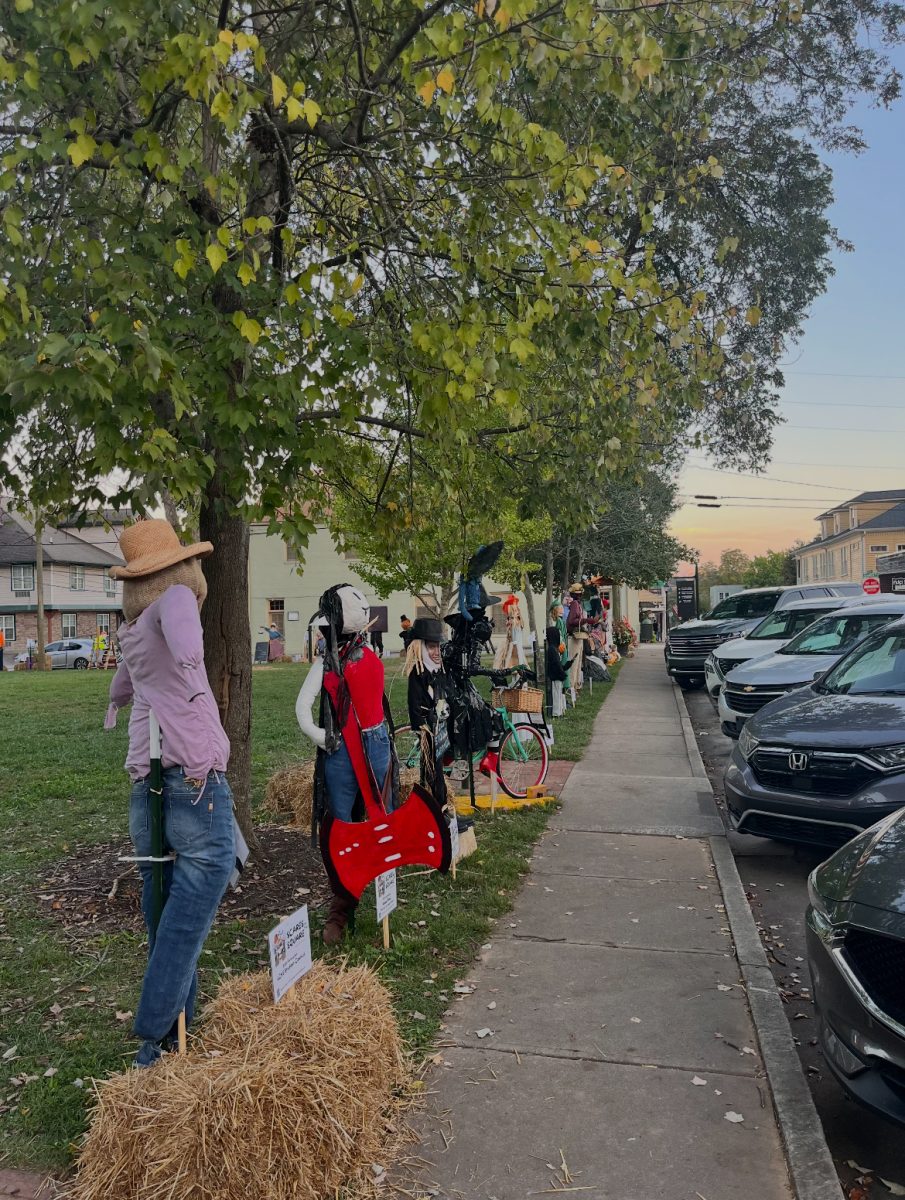A woman goes to the hospital for a simple cold and the doctor gives her a prescription drug and, instead of helping, it kills her. Imagine this woman was your mother, would you blame the doctor? Or was it just a mistake made by a professional?
While some may think this is circumstantial and completely hypothetical, some have found this to be a real-life experience.
The recent conviction of a Minneapolis police officer shows the evolution of today’s society in a direction towards justice. The future trial of former police officer Kim Potter could further influence this evolution.
Potter, 45, was one of three officers attempting to apprehend Daunte Wright on April 11 for an expired tag. One of the officers began to put handcuffs on Wright when he quickly jumped back into his car.
As the officers began to panic, Wright attempted to get free and drive away. Potter then pulled out her 9mm Glock and yelled “Taser! Taser! Taser!” followed by a single shot to the chest.
Wright began to drive away, eventually crashing into another car shortly down the road. His girlfriend, who was in the car, as well as the passengers of the other vehicle suffered non-life-threatening injuries. Wright was pronounced dead on the scene shortly after by paramedics.
Following the arrest of Potter, Brooklyn Center Police Chief Tim Gannon described the shooting as an “accidental discharge” and resigned soon after. Following her resignation, Potter was charged with second-degree manslaughter and released on $100,000 bond. Her next court date is set for May 17.
Over the next year, jury members will have to decide whether a murder can be excused as a professional mistake for a police officer. A topic that will likely come up will be “qualified immunity”, which gives government workers, essentially, more freedom to do bad things in the name of their job.
For this to apply, the defendant would have to state a former case with a similar outcome and circumstances as well as prove that they didn’t directly violate a constitutional law. There are, believe it or not, plenty of cases detailing incompetence by police that Potter’s representatives could refer to. The question that will be begged, however, will be whether or not the crime is great enough to qualify for this immunity.
There are also court cases that have seen a government worker go to jail because their crime was just wrong. For example, in Hope v. Pelzer, an Alabama court ruled that qualified immunity did not apply after correction officers chained a man to a hitching post for hours.
In Potter’s case, it did not seem like she meant to shoot him, so will the sum of her negligence and a qualified immunity argument bring a positive outcome for Potter? Does the fact that the shooting was “accidental” mean that she should be released? Is her best chance at freedom an argument that states the she, simply, was bad at her job?
Nine days later and only ten miles down the road, Derek Chauvin was convicted on all charges for the murder of George Floyd. Following this step towards justice, a step back in Potter’s case could only bring on much more difficult questions, and the worst part about them may be the way people try and answer them.
























